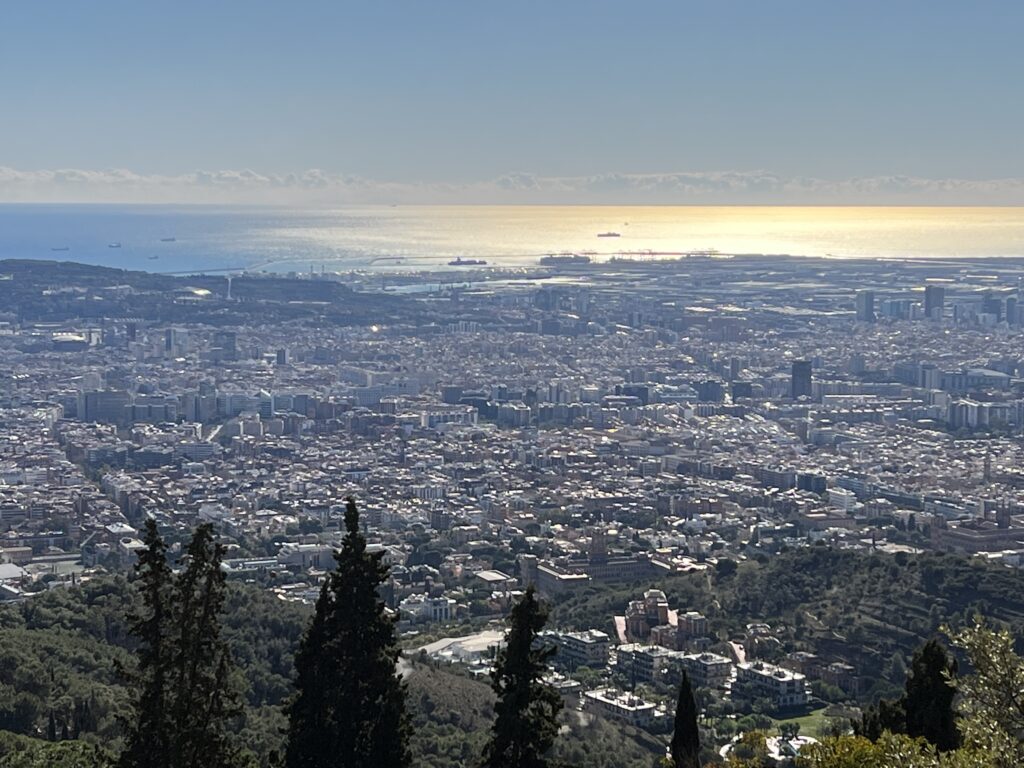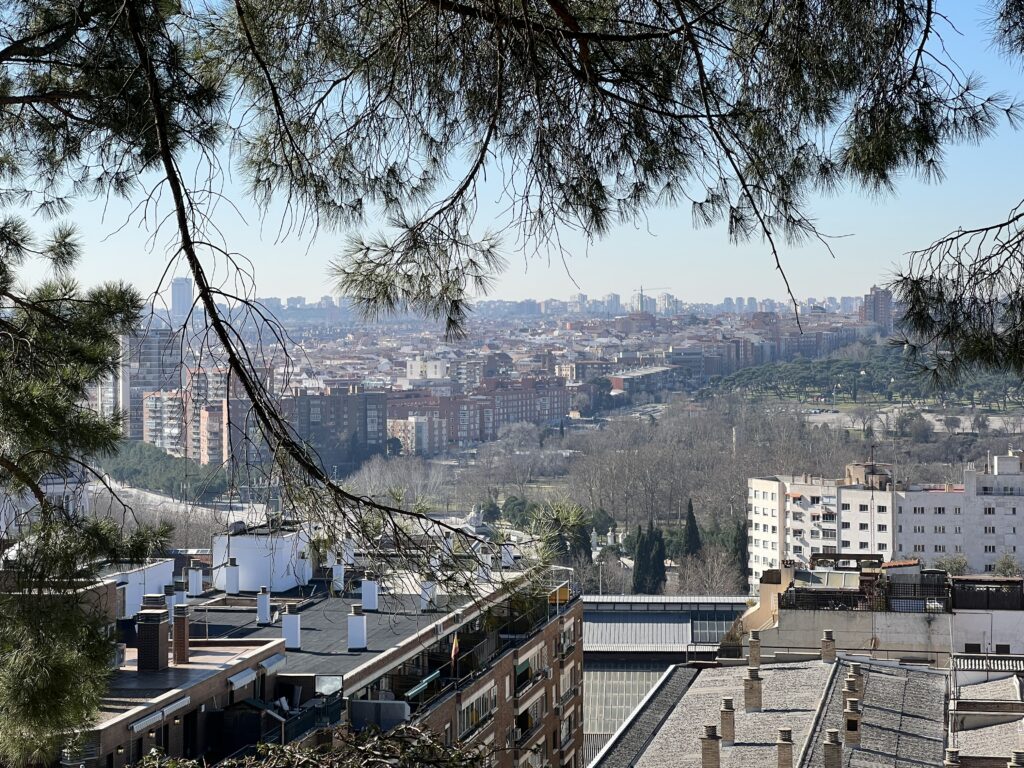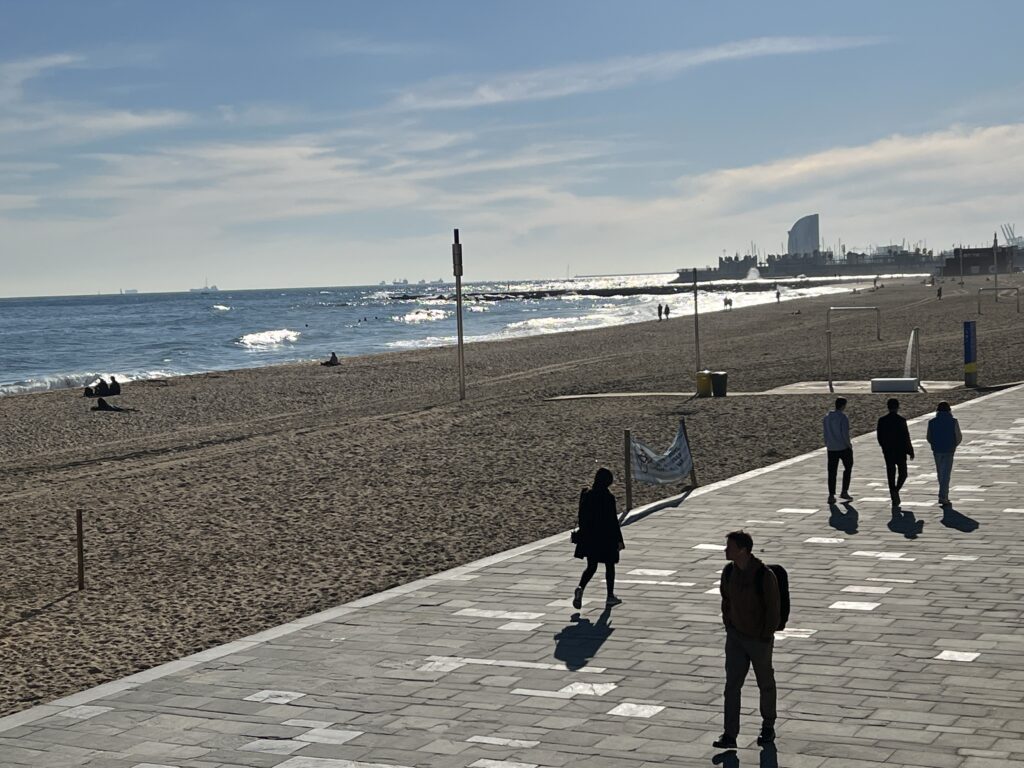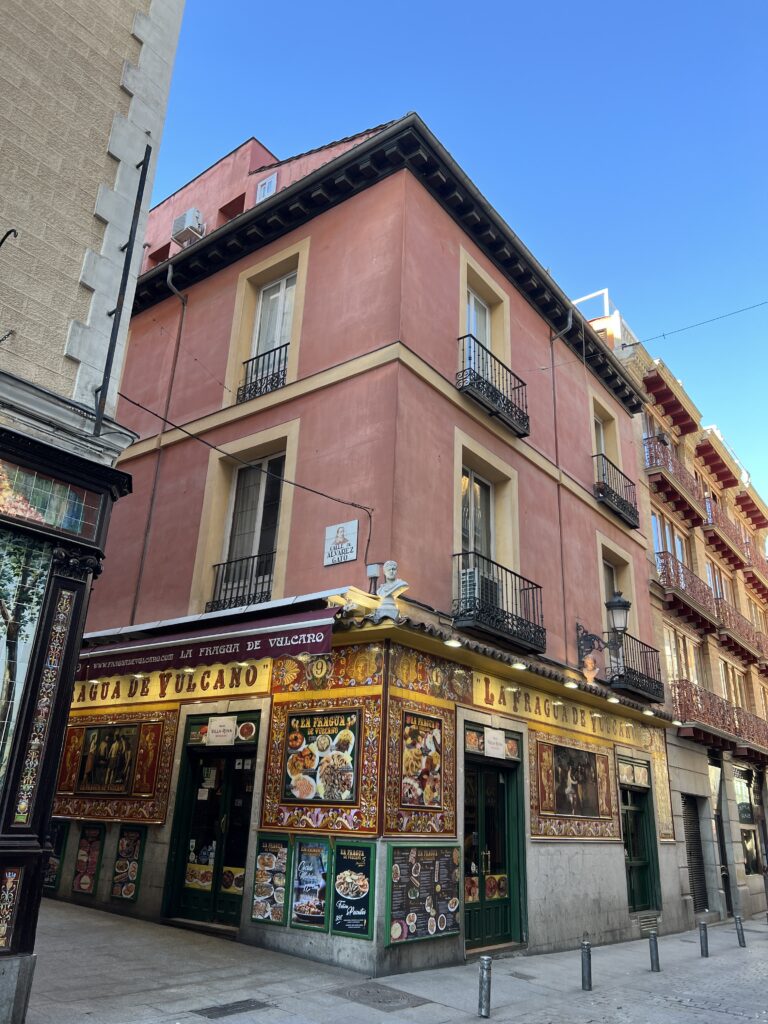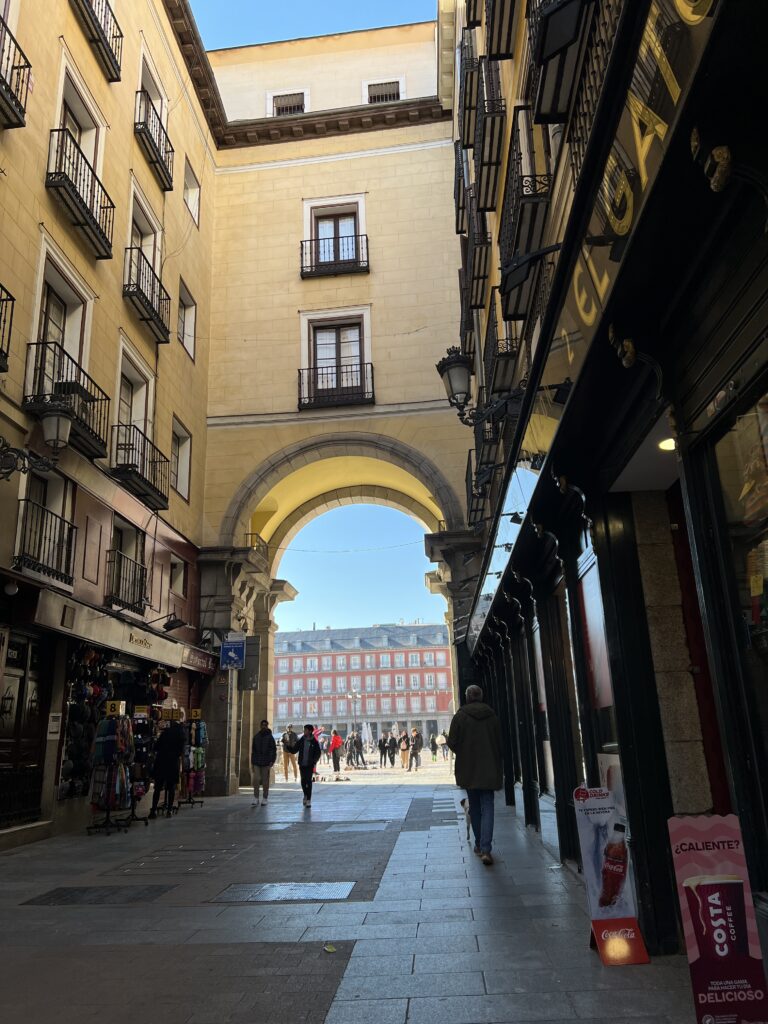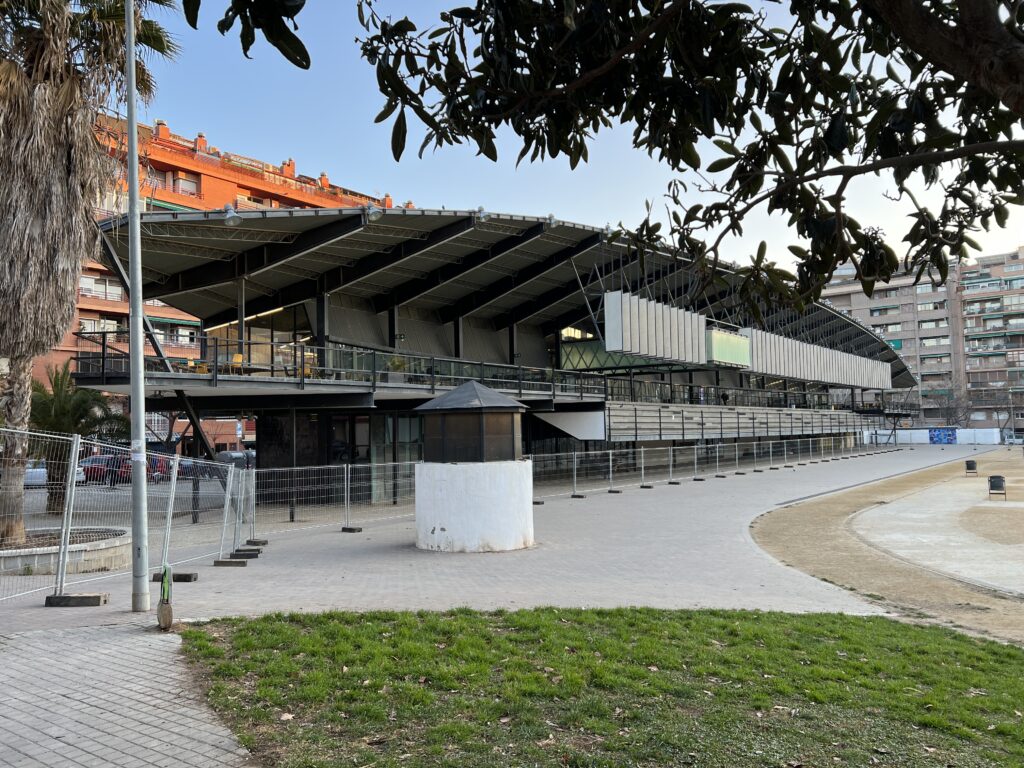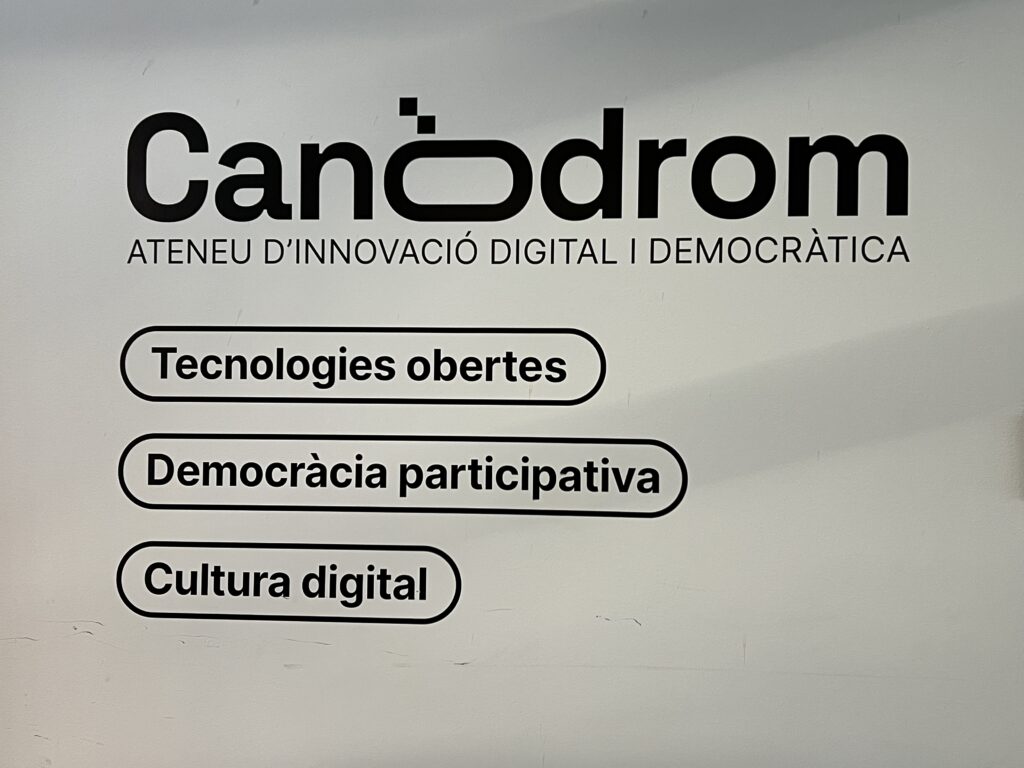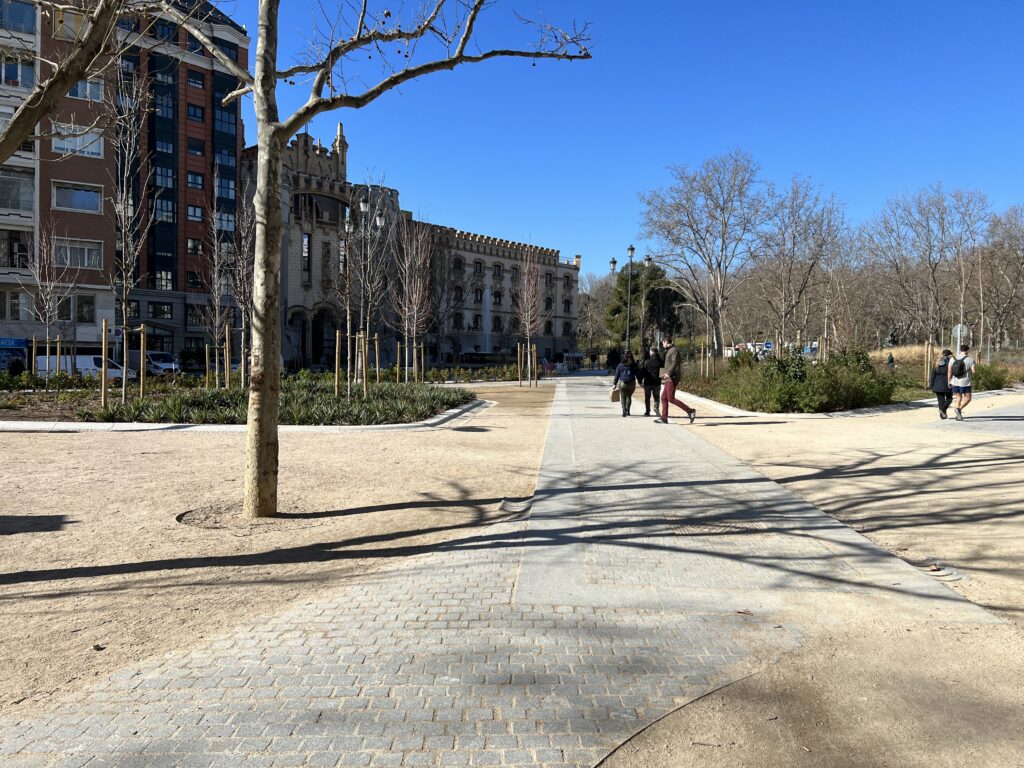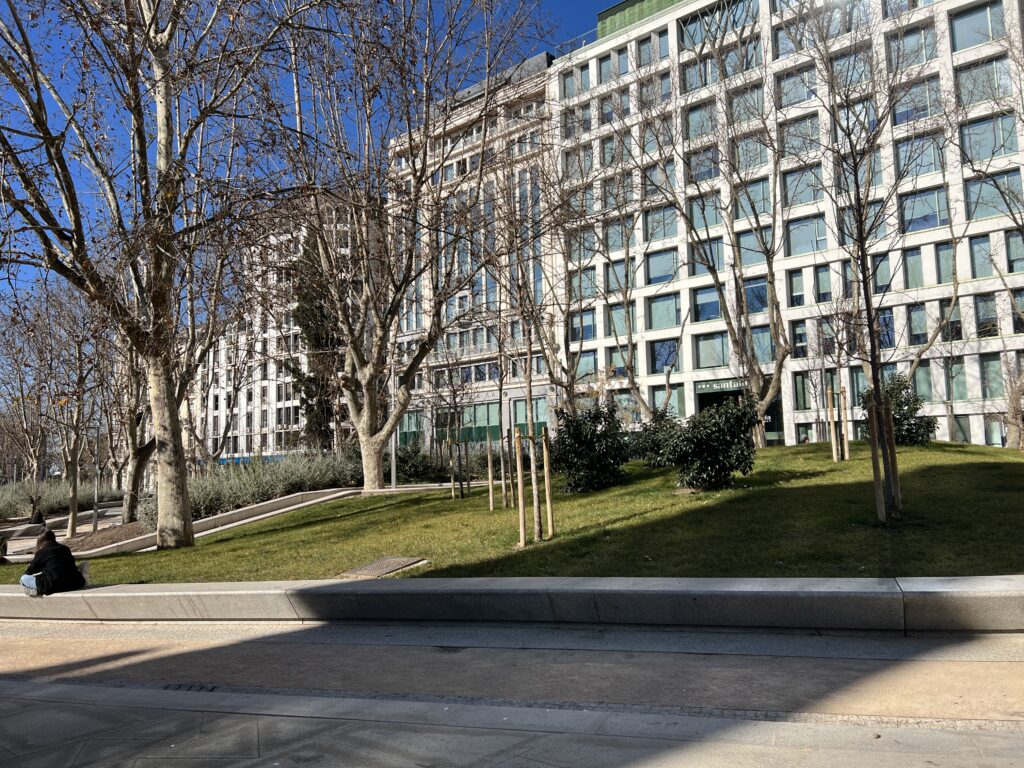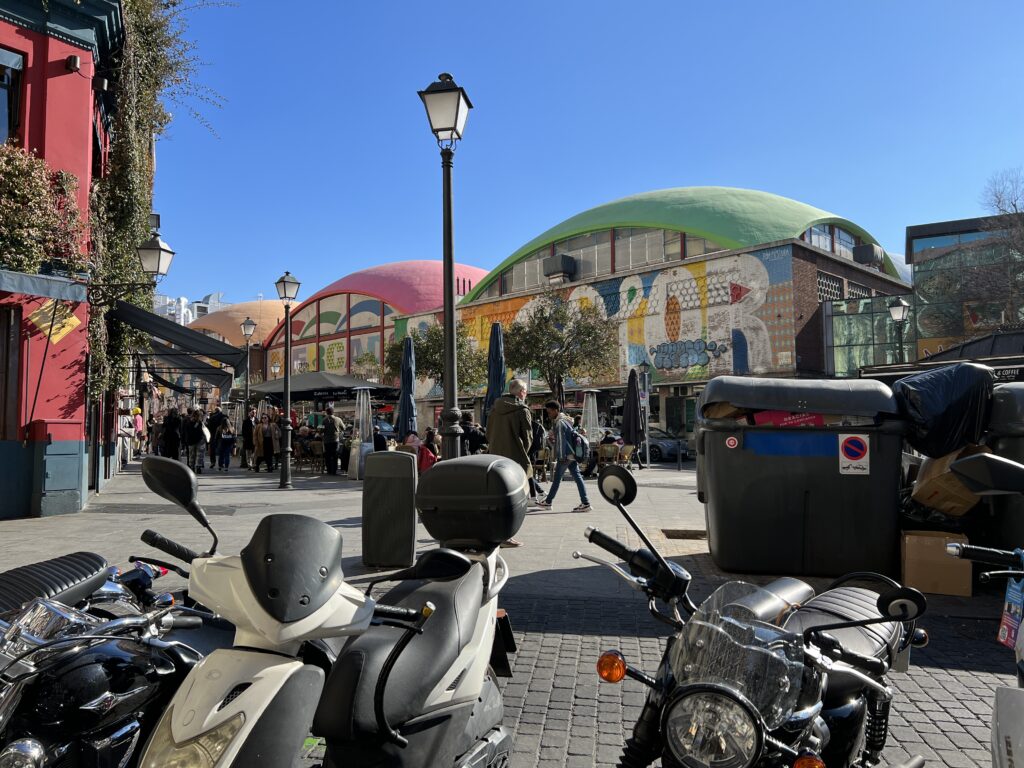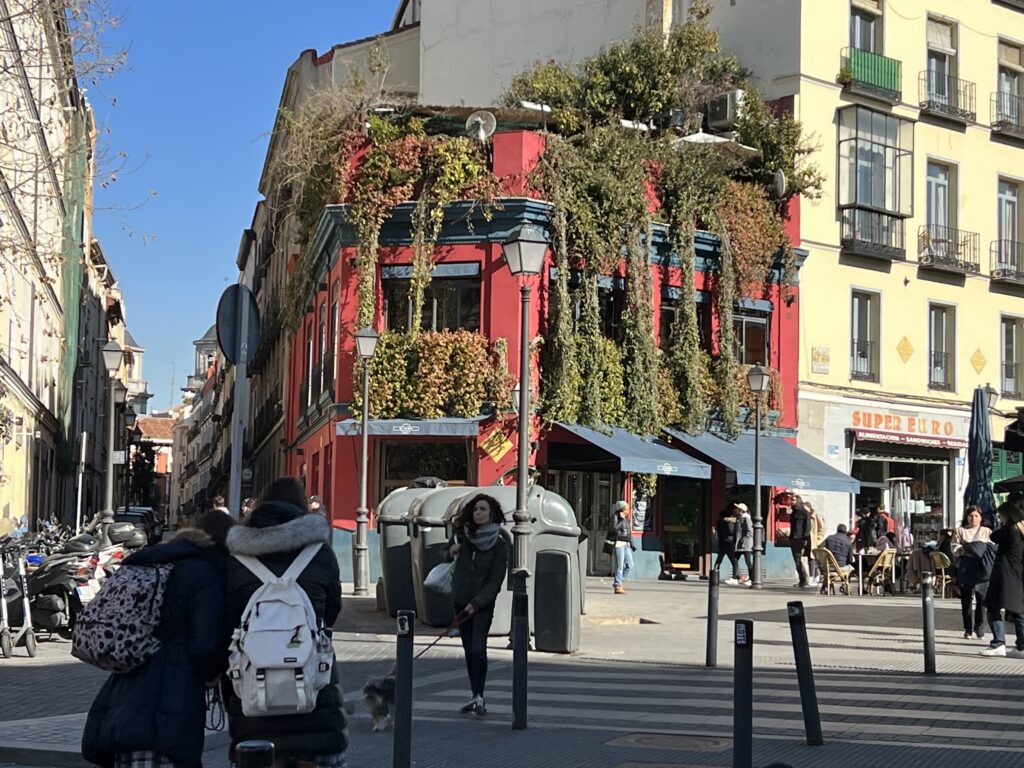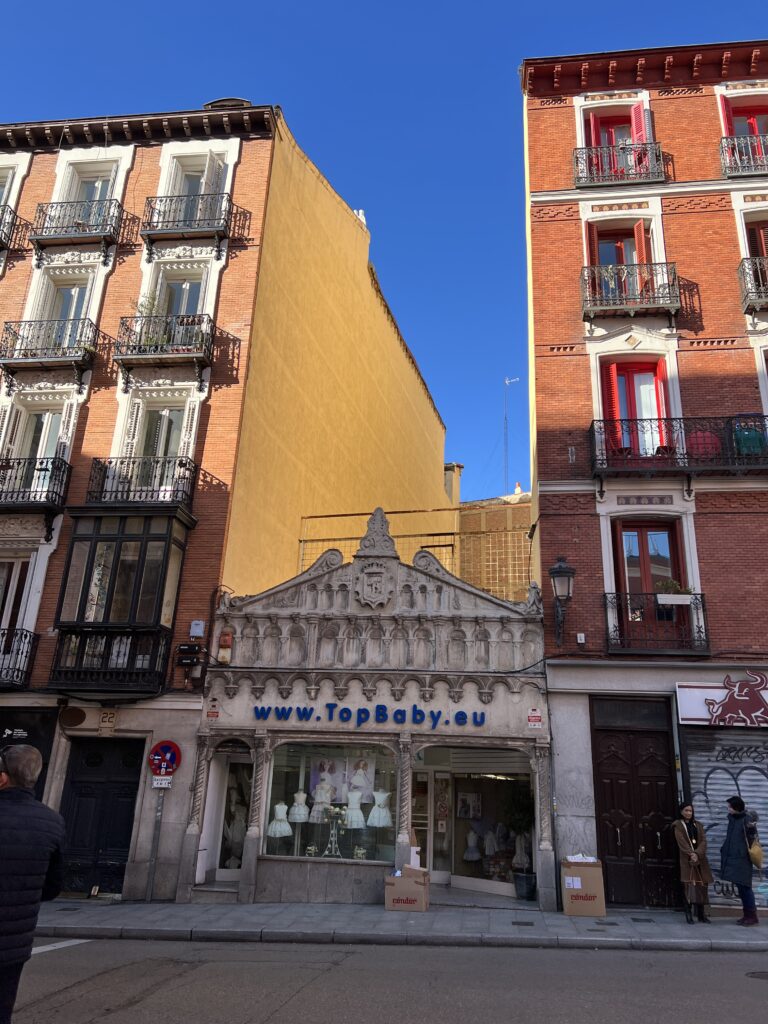Learning from Barcelona and Madrid
The third generation of Smart Swedish Cities
Funder: J. Gust. Richert stiftelse
Time: 2023
Strong citizen and actor participation in urban planning and urban transformation processes are promoted in international and local policy. A main argument is that the complexity of cities cannot be managed through linear and top-down processes or by individual actors and organizations. Although technology-driven (Smart City 1.0) and policy-driven (Smart City 2.0) initiatives can improve city life, it is citizens’ and other actors’ IT-supported co-creation (Smart City 3.0) that can give momentum to positive change of cities. The purpose of this project is to investigate how initiatives in the direction of Smart City 3.0 can be developed and supported among Swedish public, private and civil society actors by learning from two European cities: Barcelona and Madrid. Guidelines will be developed for how Swedish actors in effective and relevant ways can engage in Smart City 3.0 initiatives, and these guidelines will be evaluated through a workshop in which a broad group of Swedish actors participate: municipal officials, consultants in architecture and community planning, service developers, civil society and researchers. The lessons learned from the case studies in Spain are important as both Barcelona and Madrid are at the forefront of broad digital participation in urban development processes. The results of the project will be summarized in a short report in Swedish.
Participants
Jaan-Henrik Kain, jaan-henrik.kain@gu.se
Jenny Stenberg, jenny.stenberg@gu.se
Gothenburg Research Institute GRI, University of Gothenburg
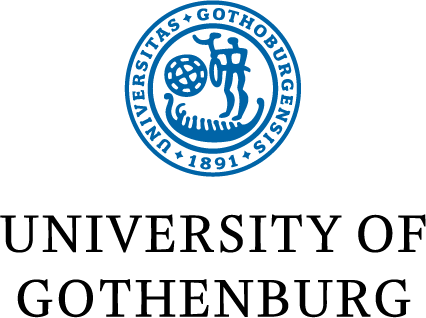
Results
In January 2023 we were in Barcelona and Madrid to listen how they have used digital tools to involve residents in urban development. So, in a nutshell, what were the main things we’ve learned so far? Three things were pointed out as very important by many of the interviewed:
• A united body of politicians is needed when it comes to interest in resident participation, i.e. a real interest in the residents’ influence is needed, both from the right and left wings, as well as municipality high-level officials actively striving in the same direction.
• Digital tools for resident participation is a complement, it cannot work alone. That both politicians and civil servants regularly and systematically meet the residents face-to-face is the very foundation of democracy, and also that they seek direct contact with vulnerable groups. Digital tools can then broaden participation in various ways.
• It is fundamentally important that the digital tools used are open source and that the municipality has full control over its data. Putting this in private companies is risky and also expensive. Open source also means that full transparency is possible, which is an important aspect of democracy. In addition, open source allows for interested democracy ”hackers” all over the world to contribute to the development of the system and they can also quickly act to maintain security if needed.
Back in Sweden we plan to spread knowledge about what we learned, in dialogue with both municipal representatives and civil society in a learning workshop in Gothenburg. It will be interesting to hear Swedish actors’ view on this.
